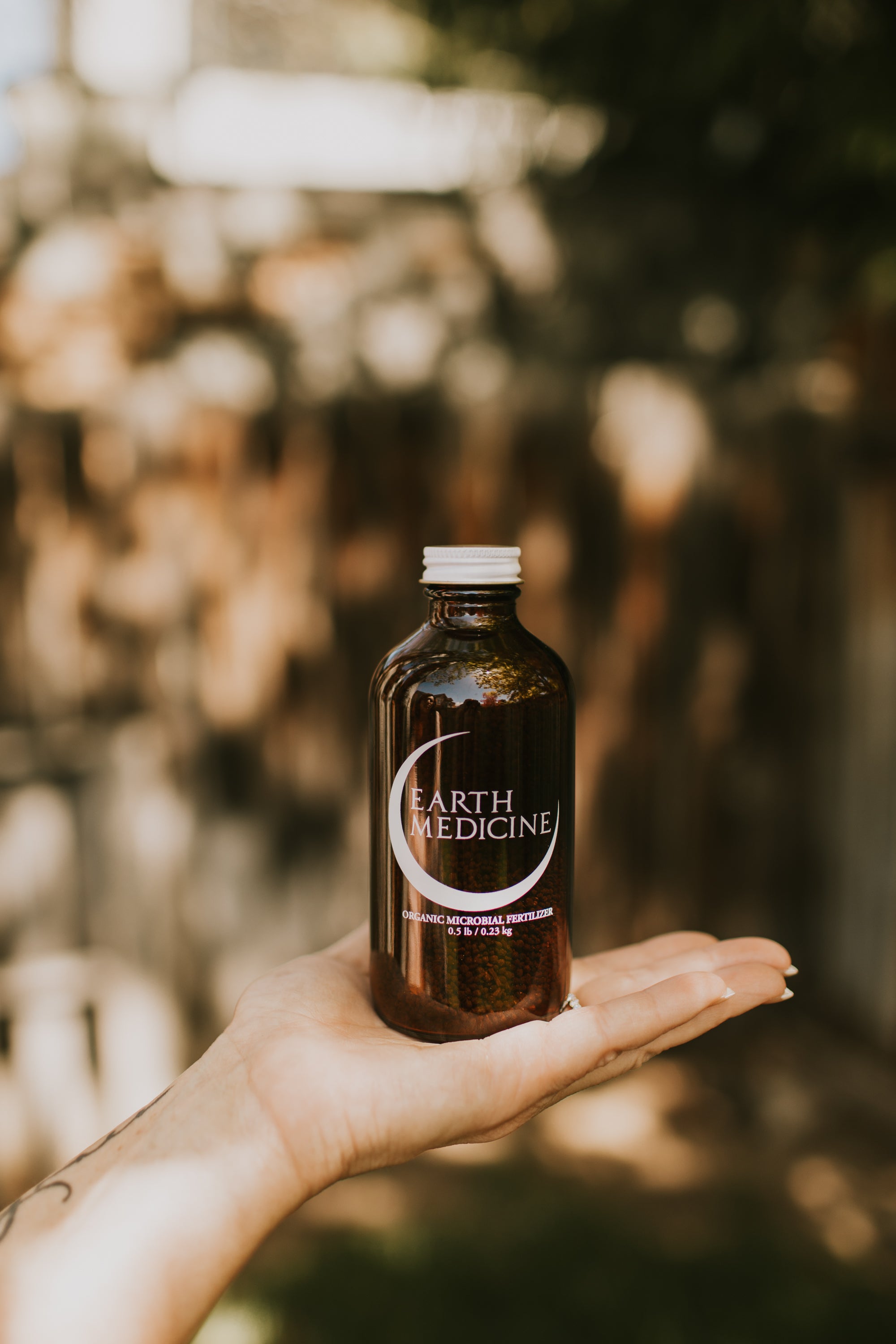

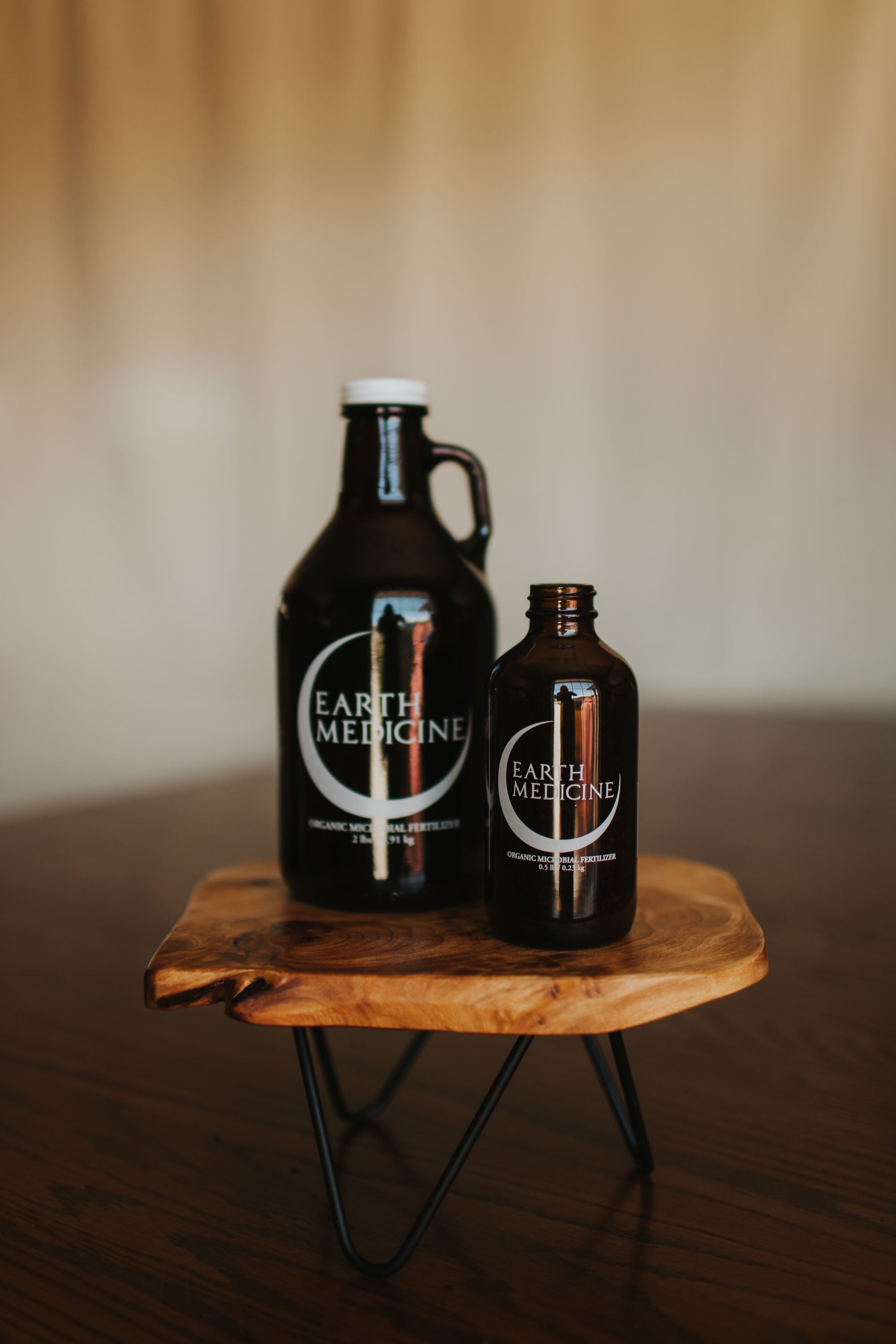

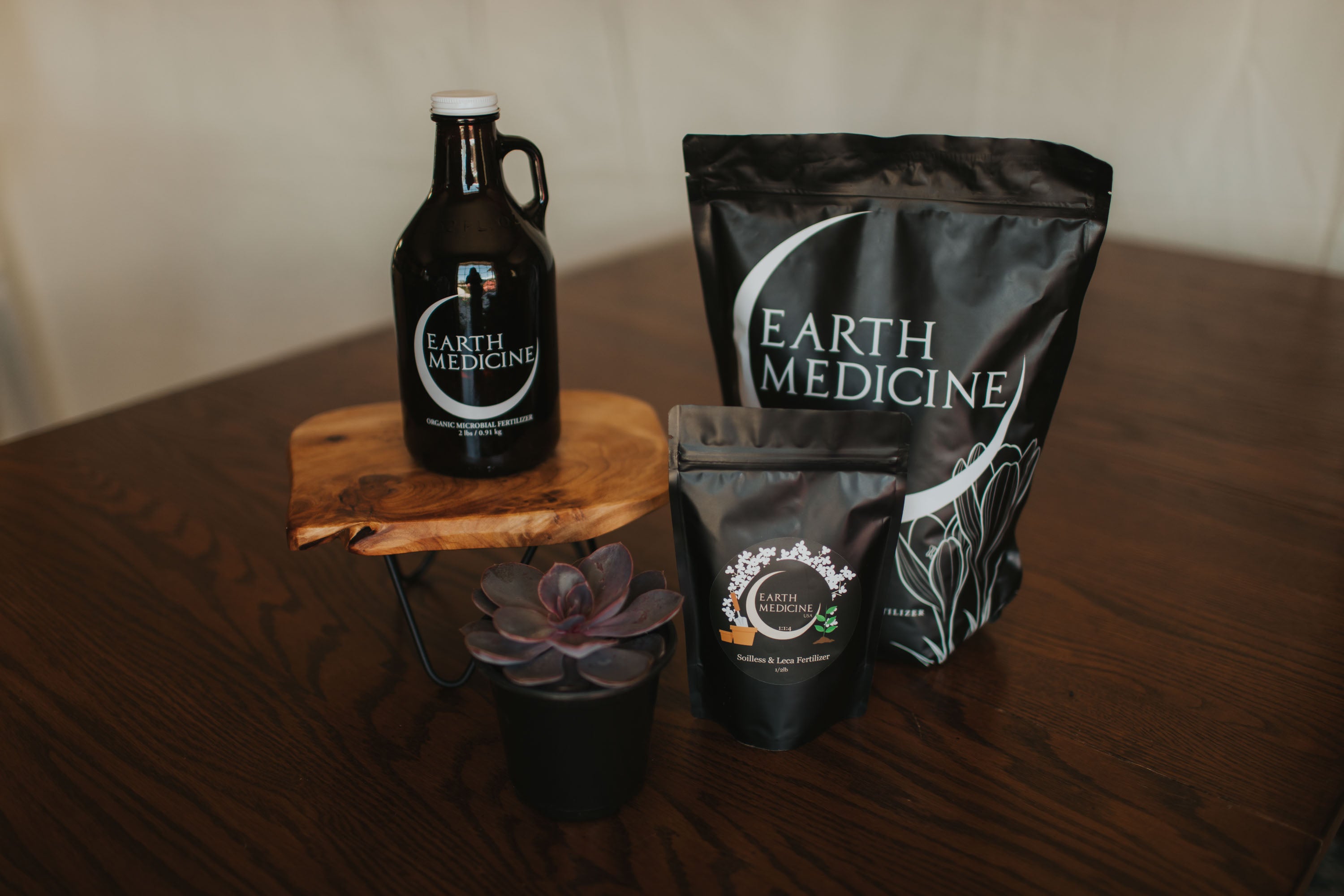

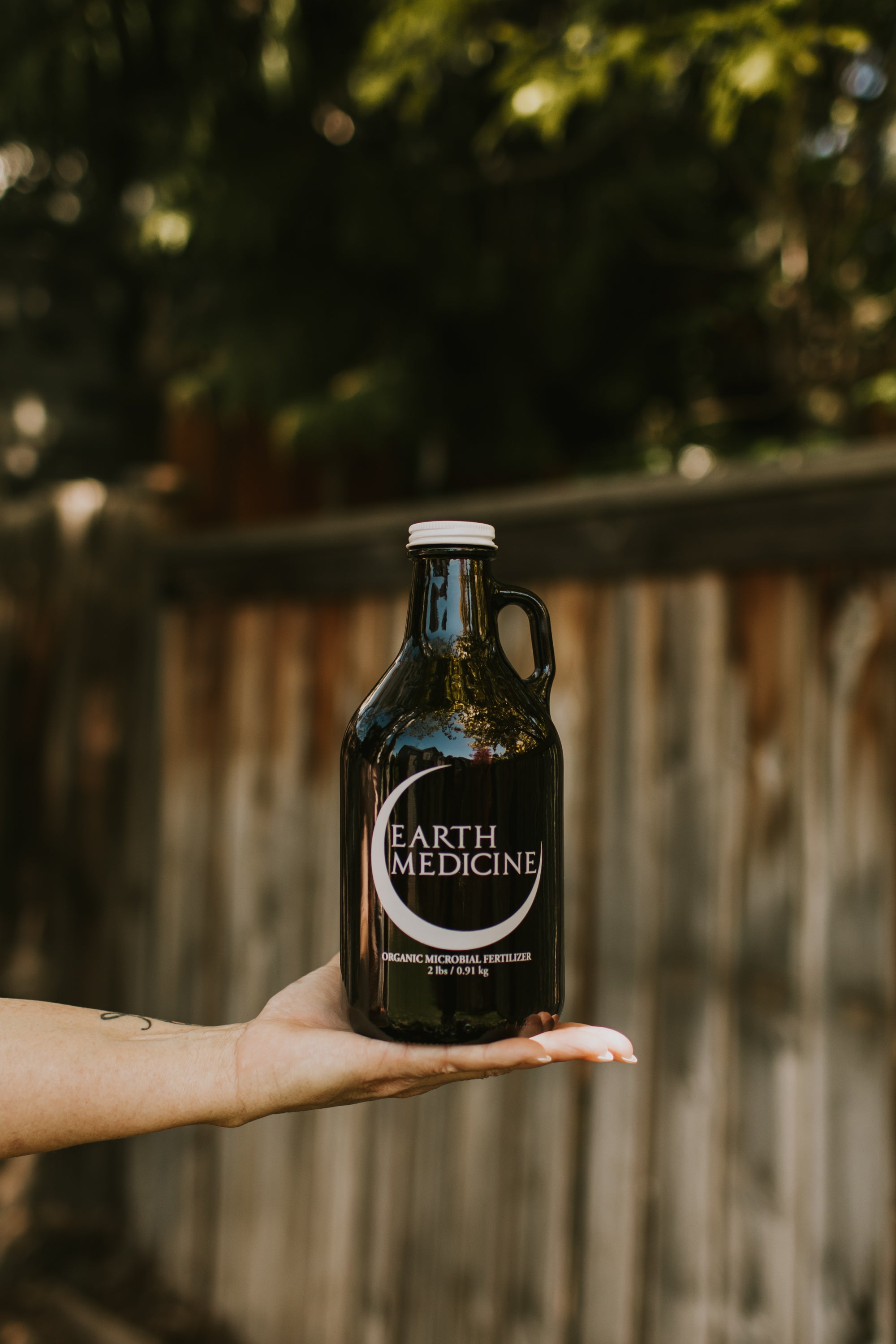

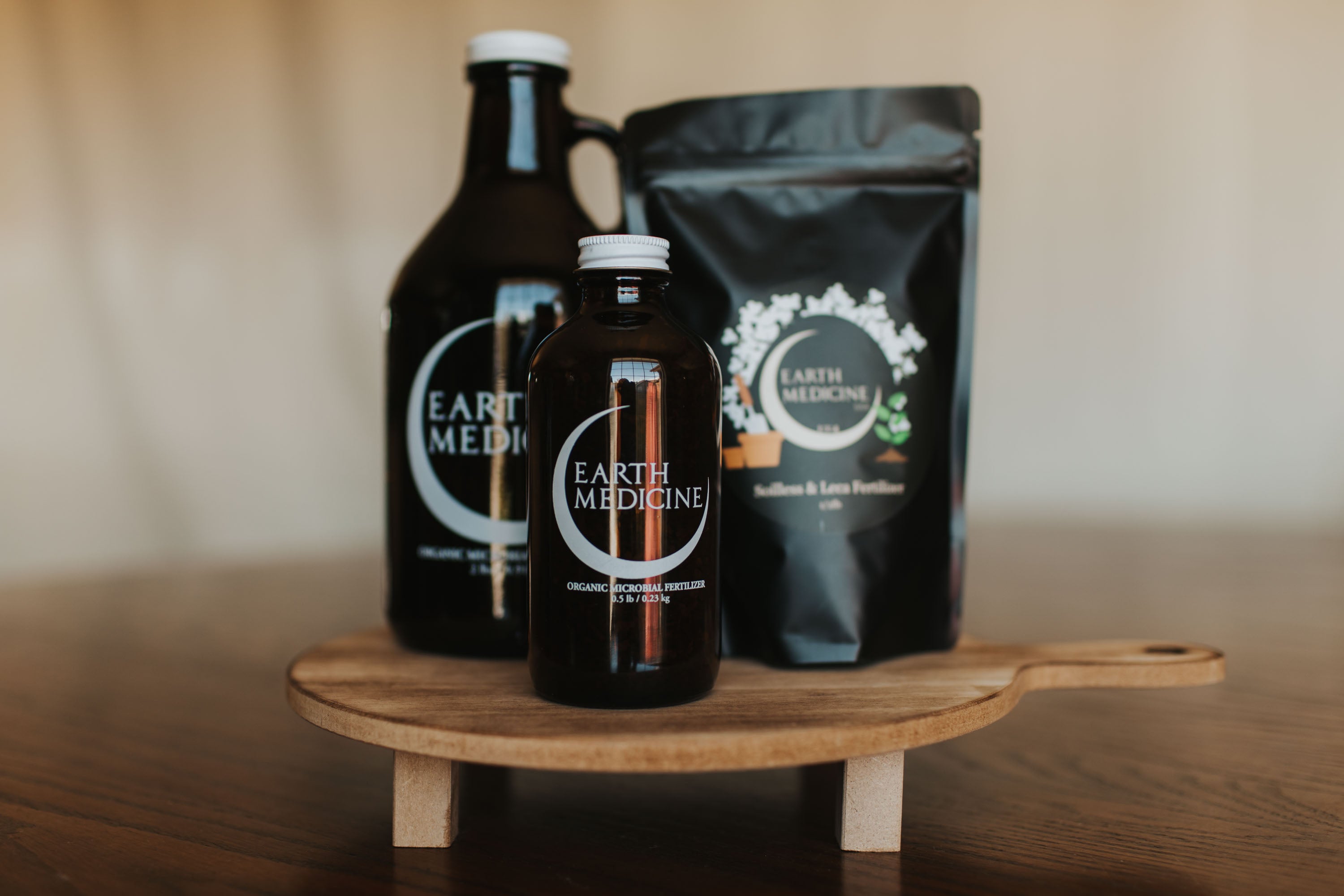

Starting a garden from scratch

Have you wanted to start a garden but need some help? Here are some tips I wish I had known before I started
10 Tips
1. Invest in metal raised garden beds if you are planning on planting above ground.
Wood garden beds are cute, and easy to make yourself, but they will rot over time. With the water, soil and organic matter, the wood will breakdown over time. I would rather invest in items that will last right from the beginning.
2. Install insect netting to protect your vegetables from birds, small critters, grasshoppers and cabbage butterflies.
This might seem like overkill, but depending on where you live, having protection from grasshoppers is crucial. Nothing is more frustrating then having a beautiful crop being destroyed by insects. And I personally avoid using chemicals, and I don't want to be out in my garden hosing down vegetables, I would rather install plastic piping and drape netting over top.
3. Invest in high quality soil or a soil test kit.
I know it can be a bit of a sticker shock when you are filling up new beds for a garden, but if you invest in good soil from the start, this is a ONE TIME cost. All you'll have to do is add different soil amendments to replenish the microbes and nutrients in the soil. If you cheap out on this, your garden wont produce an abundant of fruits and veggies, and you'll find yourself hauling in new organic soil anyways (I say this from experience!) And if you are planting directly into the ground, purchase a soil testing kit so you know what soil amendments you need to add for optimal results.
4. Invest in easy to install drip irrigation with a timer.
I don't know why people sleep on this! Having a drip irrigation system that is on a automatic timer ensures that you never miss a watering, and it allows you to have more freedom. I think people are intimidated by them, but there are simple kits found on amazon that can be hooked directly to your spigot. The main thing is measuring how much water line you will need, and installing it in a way that is sleek and secure to your raised beds. Here is a link a system that I found very easy to use.
5. Shade cloth is your friend.
Shade cloth is essential if you live in a warm climate. Even here is Idaho, we have dessert like sunshine during the summer months that can burn up flowers, delicate vegetables and lawns. I suggest installing a shade cloth above your garden beds that can be easily removed using Carabiner hooks. Even if you feel you have limited sun exposure, the plants will need protection during those heatwaves throughout the season.
6. Feed your soil with Soil Amendments
Your soils will need to be replenished with living microbes and nutrients every spring and fall. Earth Medicine microbial fertilizer will replenish your soils living microbes and will feed your plants NPK nutrients which is a great place to start. If you are needing to lower the pH levels in your soil, you can add Sulphur or if you are needing more organic matter you can add a high quality compost to your soil.
7. Use organic straw as mulch NOT wood chips
Organic straw can be applied to the surface of your garden beds to help lock in moisture and suppress weeds. This material will decompose over time and feed your soils. Wood chips will actually steal nitrogen from your soil (which is a key nutrient that feeds your plants and grows your vegetables) to help decompose the woods chips, make it counterproductive.
8. Don't get hung up on companion planting or the small details
I see so many people hold off starting a garden because they don't know what to plant and how to plant the right things together. Don't let this lack of knowledge stop you. All you need to know is;
- Plant what you like to eat
- Use good soil with Earth Medicine
- Water daily
- Protect your garden (from insects, to much sun or critters)
There is obviously more to cover on this topic, but I hope this give you a good place to get started on your first garden this year!


